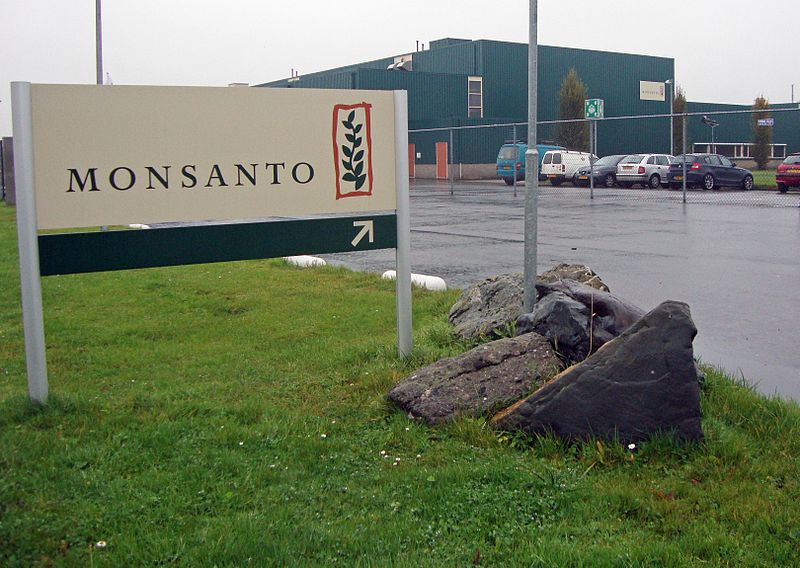Big money just keeps rolling in to the No on 522 campaign. An initiative that would force companies to label all genetically modified foods (GMOs) sold to the public at retail outlets, 522 has a growing list of deep-pocketed corporate adversaries, from Monsanto, which poured in $4.6 million on Sept. 5 according to a filing with the state’s Public Disclosure Commission, to a $3.2 million contribution from Dupont Pioneer that was reported yesterday.
In total, according to the most recent numbers from the Public Disclosure Commission the No on 522 campaign has brought in just over $11 million in cash. In addition to big-time contributions from Dupont and Monsanto, the Grocery Manufactures Association has also thrown in $1.75 million to defeat I-522.
Meanwhile, the Yes on I-522 campaign – which at one time was winning the all-important fundraising battle – now stands at a significant financial disadvantage. According to filings with the state’s Public Disclosure Commission, Yes on I-522 has brought in just over $3 million, with the Dr. Bronner’s Magic Soaps accounting for nearly $1 million of that money. Interestingly, $72,817.77 has been raised for Yes on I-522 from small-time contributions, while the No on 522 campaign has brought in only $25 from small contributions.
The financial advantage held by the No on 522 campaign is obvious at this point, but the real question becomes will it matter? As we noted yesterday, a recent Elway Poll of 406 voters showed that 2 in 3 voters intend to vote for the GMO labeling measure, and among the most likely voters the measure is leading 64 percent to 24 percent. Additionally, according to the Elway Poll support for the measure is particularly strong amongst voters with annual incomes over $100,000; 54 percent of that demographic is “definitely” planning to vote for the measure.
So will big time money from the likes of Monsanto and Dupont Pioneer be enough to sway public opinion? Given the reputation of companies like Monsanto, it seems like the check writing could backfire. However, as we learned from California’s Prop 37, major contributions from big business are nothing to scoff at in the fight for GMO labelling; in the 2012 effort to force GMO labelling in the most populous U.S. state opponents – also led by the likes of Monsanto and the Hershey Company – raised $44 million to the pro-labelling campaign’s $7 million, no doubt contributing to the measure’s 53 percent to 47 percent defeat.








